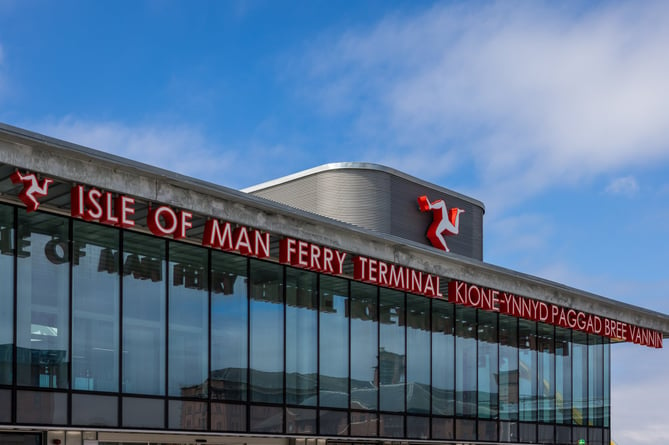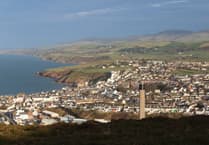The government has confirmed that the first sailing to the new ferry terminal in Liverpool will take place after the fortnight of the Isle of Man TT.
Berthing trials at the terminal have been taking place since late March, and will continue to be held over the coming weeks.
The trials have been described as a ‘mandatory safety procedure’ which enables captains to become accustomed to the new berth at ‘varying states of tide, river and weather conditions’.
A spokesperson for the government said: ‘The decision has been taken to ensure a smooth transition to the new facility and avoid the Isle of Man’s busiest and most critical time of year for the tourism industry.’
Infrastructure Minister Tim Crookall said: ‘Ensuring the safety of passengers by enabling the captains to become familiar with the demands of the new berth is of the utmost importance, and it’s therefore vital that the operational requirements of the Steam Packet and its staff are taken into full consideration.
‘Planning the first sailing after this year’s TT festival is the correct decision in the interests of continuity and passenger safety while staff become accustomed to new surroundings and procedures.’
IOMSPC managing director Brian Thomson added: ‘Safety is the Steam Packet Company’s priority and we are pleased we can perform the required safety trials and training necessary to ensure the safety of passengers and crew once the facility is ready for public use.’
Back in July 2023, the island's parliament was asked to authorise the Treasury an additional £10 million for the terminal project from the general reserve
However, in November, Treasury Minister Dr Alex Allinson confirmed that the new terminal would not need any more funding in order to complete it.
Initially estimated to cost £18 million, the project then skyrocketed to a total cost of £70.7 million.
A report into the ferry terminal, which was published following a review by the Public Accounts Committee of Tynwald, found that the original estimates were over optimistic.
The report also found that a scheme priced at £50 million or more would've been hard for the Department of Infrastructure to get Tynwald approval for.




